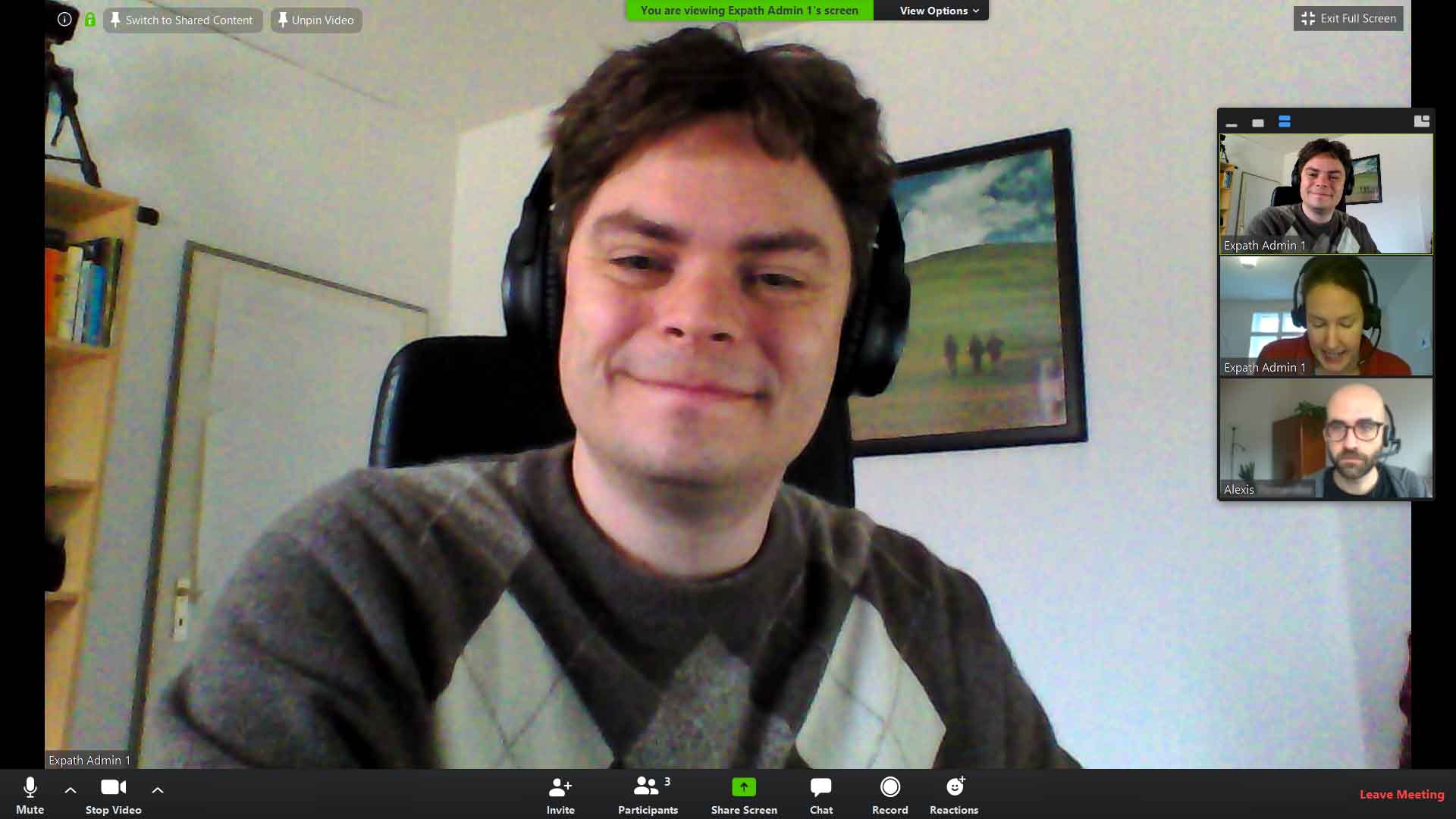How to be annoyed in German

How to best express annoyance in German largely depends on whether it is done on purpose or not. The words “nerven” and “ärgern” can both be used, and the reflexive “sich”/”mich”/”dich”/“ihn” etc. changes the meaning:
– “Er nervt mich!” – “He’s annoying me!” (not on purpose)
– “Die Musik nervt!” – “The music is annoying!”
– “Ich bin genervt!” – “I am annoyed!”
– “Ich ärgere ihn gerne!” – “I like bothering him.” (on purpose)
– “Die laute Musik ärgert mich!”- “The loud music is bothering me.”
– “Ich bin leicht verärgert/genervt.” – “I am easily annoyed.”
– “Lass dich nicht verärgern!” – “Don’t let yourself be annoyed.”
Note that the word “irritieren” DOES NOT mean “to irritate”. The German “irritieren” has the meaning of “to confuse” or “to distract” rather than “to annoy”.
Listen up, lurkers!
We filmed an entire beginner German course!
More cool stuff from Expath












